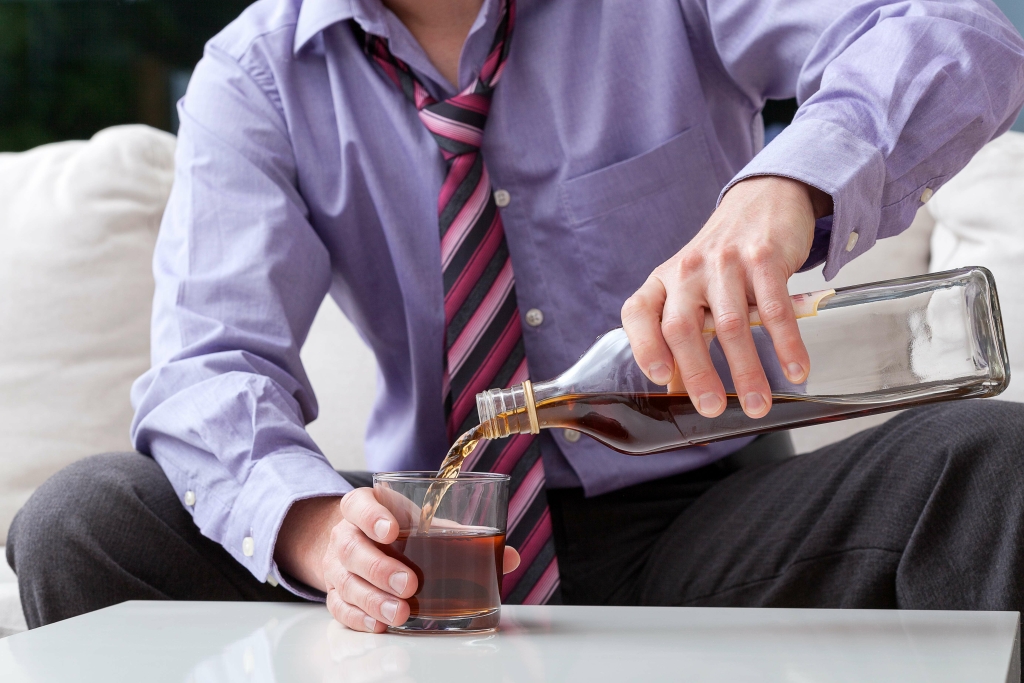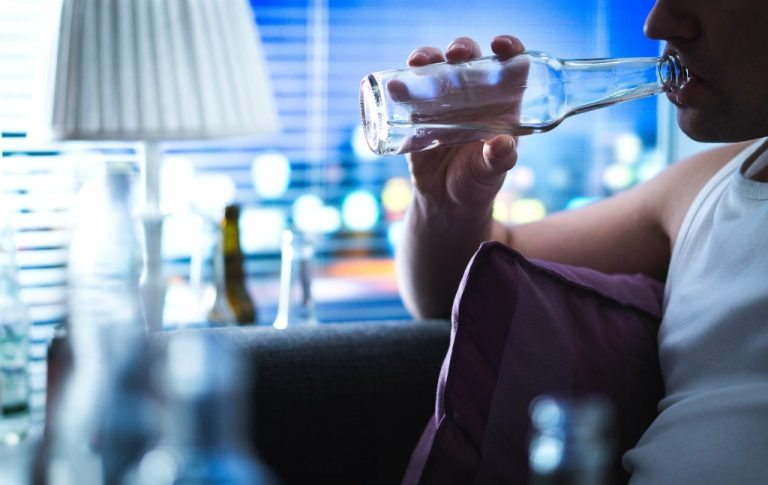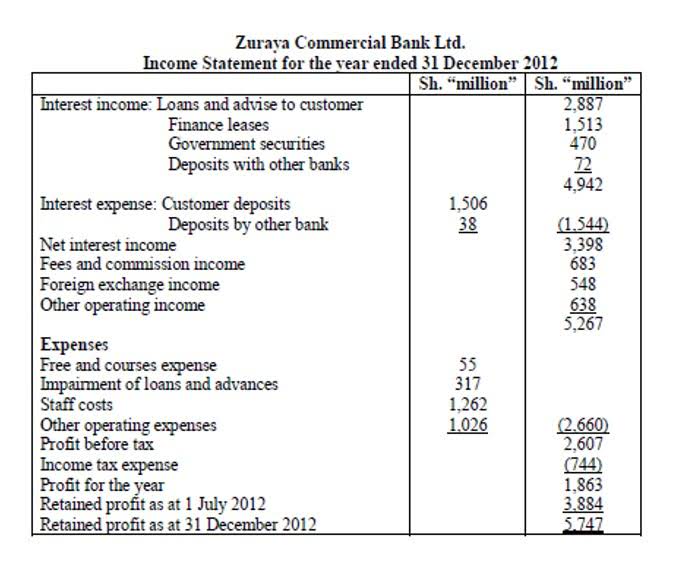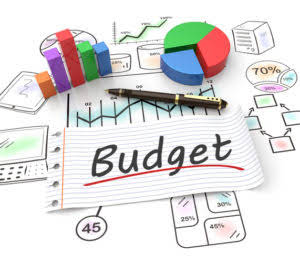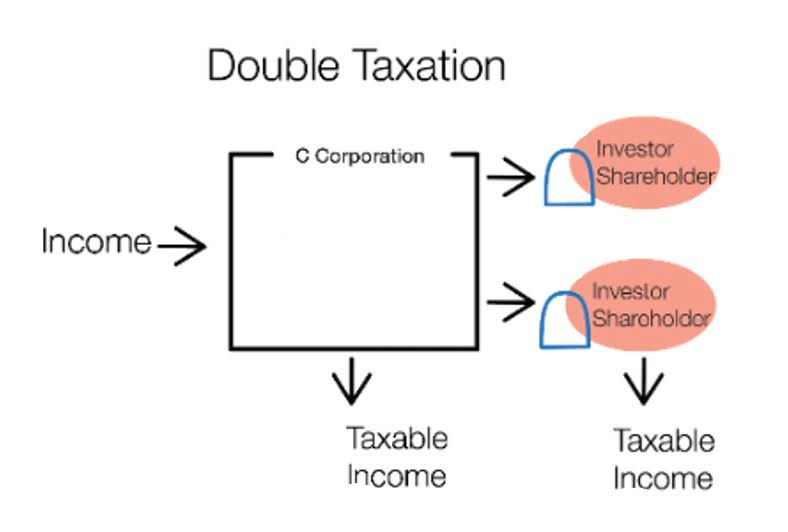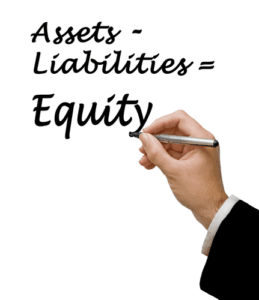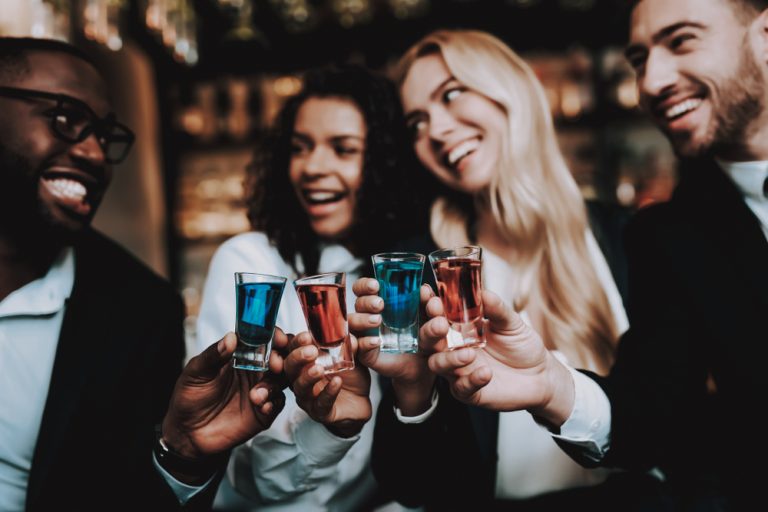If you want to learn more about brain fog and how to manage it, here are plenty of helpful resources. Another https://woaseue.com/kid-cudi-shares-more-about-his-time-in-rehab-and/ great way to get some sunlight is to go for a walk outside. Walking is an excellent form of exercise that has many benefits for brain health.
Ways To Use Ginger for Hangovers
You’ll feel symptoms after a severe headache and right before you feel like yourself again. In all, hangover “cures” and preventatives may ease the discomfort that often comes after a night of brain fog hangover drinking. While there’s some research to back the ingredients in these products, there’s no guarantee any one product will work for you. If you do find a product that works for you (lucky!), just be sure to use it like our experts suggest. Even better, make sure your body has what it needs to recover by staying hydrated, nourished, and well-rested.

Contact Miracles Recovery Center…
- “Most of them are generally safe in moderation,” says Dr. Ali.
- Delta-9-tetrahydrocannabinol (THC) is the active compound that typically causes people to feel “high”.
- The symptoms can range from difficulty concentrating to mood changes and impaired decision-making.
- While ginger won’t “cure” a hangover, it can help relieve some of the symptoms.
- Finally, alcohol can also disrupt our natural sleep cycle and reduce our overall quality of sleep.
Women tend to be more susceptible due to differences in body composition and alcohol metabolism. People with anxiety, depression, or other mental health conditions often experience more pronounced brain fog symptoms. In addiction recovery, I understand the importance of implementing brain fog remedies to improve cognitive function. In conclusion, while weed hangover brain fog can be a frustrating experience, it’s not an insurmountable challenge. By implementing these strategies – from immediate relief techniques to long-term lifestyle adjustments – you can navigate the haze and reclaim your mental clarity. Remember, everyone’s experience with cannabis is unique, so don’t be afraid to experiment (safely) to find what works best for you.
- Consider seeking help if your drinking is impacting your work or personal life.
- Your brain absolutely thrives on oxygen and nutrients, which get delivered by strong blood flow.
- There isn’t a clear formula for how much alcohol causes a hangover (also known as veisalgia), and can sometimes occur after just one drink.
- If you’ve ever woken up feeling groggy, unfocused, and in a daze, you’re familiar with brain fog.
And a bad experience on weed can be VERY frightening!
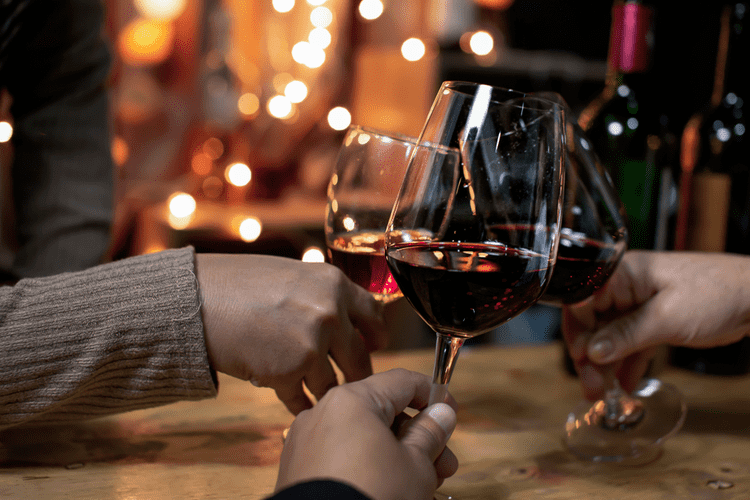
Figure out what gives you the most relief and make it your go-to routine. For me, it’s electrolyte tablets and a Alcoholics Anonymous huge glass of water first thing in the morning – I swear by it. I know, it sounds obvious, but good sleep is crucial for brain recovery.
How to get rid of brain fog from weed?
And let’s not even talk about trying to recall the events of the previous night. It’s like your brain has decided to play a game of hide and seek with your memories, and it’s winning. Each person may have a different experience of and tolerance to cannabis, which means there is no single set of symptoms. According to a 2022 study, people who consume alcohol and cannabis together tend to consume more of both, and this leads to a higher likelihood of hangovers.
Lastly, don’t underestimate the power of a good detox period. Taking regular breaks from cannabis use can help reset your system and give your brain a chance to recalibrate. Think of it as a spa day for your neurons – a little R&R can go a long way in maintaining cognitive health. For those who enjoy the benefits of cannabis but want to minimize the foggy aftermath, consider balancing your THC and CBD intake. CBD can help mitigate some of the less desirable effects of THC, potentially reducing the likelihood of brain fog.
However, the time frame can be longer for people who are regularly consuming heavy amounts of alcohol. Before we look at alcohol’s role in brain fog, let’s take a moment to define brain fog. While it’s not technically classified as a medical condition, brain fog refers to cognitive difficulties, such as trouble with focus, memory, and thinking. It’s characterized by confusion, forgetfulness, or a lack of mental clarity. It can disrupt your clear thinking, decision-making skills, productivity, and capacity to get through the day’s tasks. For others, it becomes a chronic condition impacting not only their intellectual functions, but their mood as well.
How Long Does a Weed Hangover Last?
The symptoms can range from difficulty concentrating to mood changes and impaired decision-making. If you’re experiencing persistent brain fog symptoms, even when you haven’t been drinking, it might be time to consult a healthcare professional. Chronic brain fog can be a symptom of various health conditions, from hormonal imbalances to autoimmune disorders. Don’t just chalk it up to hangovers if it’s happening regularly.
Dual Diagnosis Treatment
There’s no magic “un-high” button (believe me, we checked), but there are ways to feel better faster. If you’re currently suffering from a marijuana hangover, here’s how to speed up your recovery and get back to baseline. A migraine hangover happens after a migraine, so your provider may ask you to explain how you feel once your head pain stops and how long those symptoms last before you feel better. But here’s the thing — everything you’re experiencing and describing, IS 100% consistent with anxiety — it’s just a different LEVEL of anxiety to what you’re used to. As the legalization of weed continues and younger people are exposed at earlier ages, the tendency towards overwhelming, terrifying experiences is increasing.
Someone may lose control over their thoughts, struggling to work. They should seek mental health services and pursue therapy that deals with all of their conditions at once. During cognitive-behavioral therapy, a person will work with their therapist to identify the thought patterns that trigger their anxiety and alcohol use. Heavy alcohol consumption can damage the brain’s communication centers, making it hard for the brain to store memories or track conversations. Brain alterations often occur in people who start drinking when they are very young.
